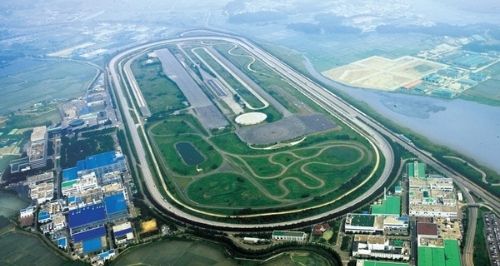Make / Model Search
News - HyundaiHyundai cancels ICE and hydrogen programs: reportREDEPOLYED: It is understood many of the 12,000 staff at HMG’s Namyang Research Institute will be assigned to other roles. Korean automaker will focus on battery electric drivelines; up to 12,000 staff affected30 Dec 2021 By MATT BROGAN HYUNDAI Motor Group is cancelling all future development of internal-combustion engines as the South Korean automaker seeks to focus on an all-electric future, says reports published in The Korea Economic Daily and Business Korea this week.
According to both outlets, the decision means “significant changes” for the Namyang-based Powertrain Team, which will now reform as the Electrification Development Team. The Engine Development Centre, also based at the company’s Namyang Research Institute (R&D facility), will also be shuttered with the newly-announced Battery Development Centre set to take its place.
Further, a report published in The Chosun Ilbo says the Korean giant has also shelved plans to pursue its third-generation hydrogen stack technology mere months after announcing its Hydrogen Vision 2040 plans.
According to that report, HMG is unable to meet original cost targets related to its hydrogen program and that technical issues, a lack of marketability, and the underdeveloped infrastructure required to further development of the project forced the company’s hand in the matter.
Hyundai, Genesis and Kia will rely on their existing petrol and diesel engine ranges to motivate its conventionally-powered models until such time as full electrification of its fleets are realised.
Genesis has already announced that it will stop introducing new ICE powered models by 2025.
HMG’s engine development team was established in 1983 and unveiled its first Alpha in-house internal-combustion engine in 1991.
It is understood that as many as 12,000 people are employed at the Namyang Research Institute and that the wide-reaching changes will affect much of the staff. The company has yet to officially comment on the substantial overhaul of its 352-hectare facility but says many of its staff will be “reorganised” into its Electrification Development Team.
Park Chung-Kook, who replaces Albert Biermann as the head of Hyundai’s research and development team, told employees via email that the move to electrification is inevitable.
“Now, it is inevitable to convert into electrification. Our own engine development is a great achievement, but we must change the system to create a future based on the great assets from the past,” he said.
Hyundai and sister company Kia are known to be already well advanced on the road to electrification. Hyundai recently released its Ioniq 5 all-electric SUV and has plans to launch a larger seven-seat model soon. Kia also has an all-electric version of its Niro small SUV available in Australia and will soon launch its EV6 battery-electric model.
The sister companies have committed to an all-electric future, Hyundai saying earlier this year that it would release a new electric model each year until the end of the decade.
Hyundai’s president and CEO Chang Jae-Hoon said previously that the company would take aggressive steps to quickly transform itself into an electric-vehicle manufacturer, outlining a target of 1.7 million EV sales worldwide by 2026.
“The immediate task is to develop innovative vehicles that can dominate the future market. This reorganisation will be an important starting point for change ahead in the new year,” he said earlier this year.  Read more20th of December 2021  Hyundai R&D head Albert Biermann retiresKia Stinger and Hyundai N father to stay on as Executive Technical Advisor9th of December 2021  EV6 marks new era for Kia AustraliaKia concludes Australian dynamic calibration for EV6 electric flagship, launch in Q118th of November 2021  SEVEN concept opens new chapter for Ioniq brandHyundai’s family-sized electric SUV promises a new experience for its customers3rd of November 2021  Ioniq 5 |
Click to shareHyundai articlesResearch Hyundai Motor industry news |









Facebook Twitter Instagram